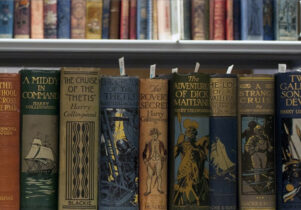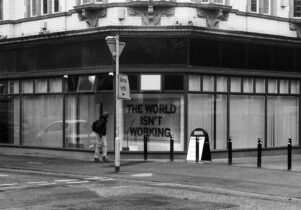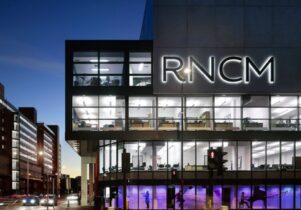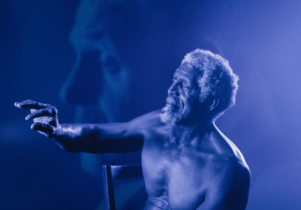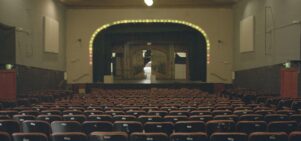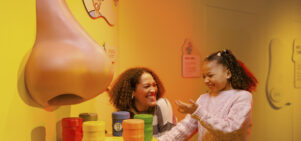Beyond Babel at MMU Geoffrey Manton Building
Polly Checkland HardingBook now
Beyond Babel
Always double check opening hours with the venue before making a special visit.

The third edition of Beyond Babel will showcase two diverse, provoke discussions on film aesthetics and broaden the visibility of multilingual communities on film. This year’s programme brings together two afternoons of screenings, with the French-set La Cour de Babel on the Wednesday and Colours of the Alphabet on the Thursday, and prompts questions around cultural differences, multilingualism, homeland, education, global citizenship, mobility, immigration, integration and identity.
The event takes its name from the biblical story of The Tower of Babel, in which the people of the earth all spoke one language following the great flood – but became arrogant and tried to build a tower that would reach up to heaven. God’s punishment was to confound their speech so that they could no longer understand one another, and scatter them across the earth. It’s an apt allusion for a film festival that explores the benefits and drawbacks of the diversity of tongues.
Screening:
La Cour de Babel (Julie Bertuccelli, 2013)
Synopsis: The school of La Grange aux Belles in northern Paris has a program for immigrant children (many of whom have a hesitant grasp of French) that provides intense language lessons alongside the core curriculum so the kids can ultimately matriculate into regular classes. Teacher Brigitte Cervoni, demonstrating the perfect balance of encouraging warmth and unwavering academic expectations, guides her charges through the year, cognizant of the need to be not only a teacher, but also a symbol of a France ideally welcoming to all newcomers.
Colours of the Alphabet (Alastair Cole, 2016)
Synopsis: Colours of the Alphabet is a beautiful, inspiring and bittersweet story about language and childhood in Africa. It is a story of childhood innocence, misplaced hope, and the role of language as a means of binding a nation together. Colours of the Alphabet is a feature documentary shot over a period of 12 months in rural Zambia, in a grade one class with 30 children, as they, and their parents, come to terms with the often bemusing reality of education in their country. A country where you are told that to get ahead means understanding the world in English, despite less than two percent of Zambians using the language in their daily lives.
